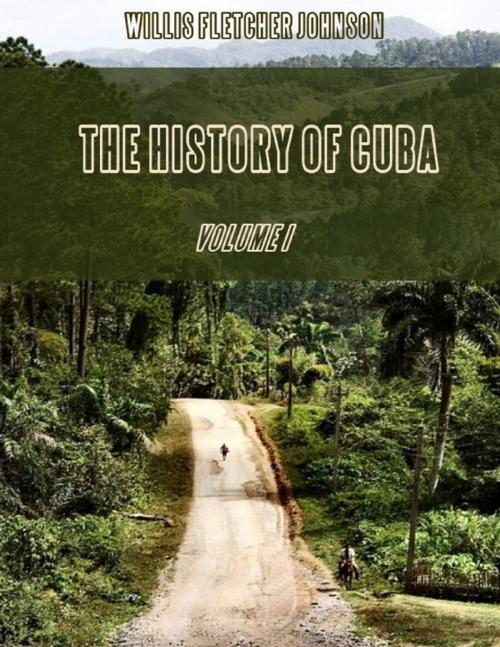| Author: | Willis Fletcher Johnson | ISBN: | 9781312078673 |
| Publisher: | Lulu.com | Publication: | April 7, 2014 |
| Imprint: | Lulu.com | Language: | English |
| Author: | Willis Fletcher Johnson |
| ISBN: | 9781312078673 |
| Publisher: | Lulu.com |
| Publication: | April 7, 2014 |
| Imprint: | Lulu.com |
| Language: | English |
“Cuba was thus in her foundation the fortunate recipient of the rugged and masterful spirit of Estremadura, and of the elements of government and of social grace and intellectual power which Seville could so well and so abundantly supply; and these two contrasting yet by no means incompatible elements became characteristic of the Cuban people; complementarily contributing to the development of a national character quite distinct from that of the Mother Country or that of any other of her offshoots. For the Cuban people and their social organism, separated far from Spain, though subject to her rule, retained largely unimpaired their pristine vigor, and avoided sharing in the degeneracy and decline which befell the Peninsula soon after the malign Hapsburg influence became dominant in its affairs of state; a decline which in the Seventeenth Century became one of the mostdistressing and pathetic tragedies in the drama of the world.”
“Cuba was thus in her foundation the fortunate recipient of the rugged and masterful spirit of Estremadura, and of the elements of government and of social grace and intellectual power which Seville could so well and so abundantly supply; and these two contrasting yet by no means incompatible elements became characteristic of the Cuban people; complementarily contributing to the development of a national character quite distinct from that of the Mother Country or that of any other of her offshoots. For the Cuban people and their social organism, separated far from Spain, though subject to her rule, retained largely unimpaired their pristine vigor, and avoided sharing in the degeneracy and decline which befell the Peninsula soon after the malign Hapsburg influence became dominant in its affairs of state; a decline which in the Seventeenth Century became one of the mostdistressing and pathetic tragedies in the drama of the world.”















